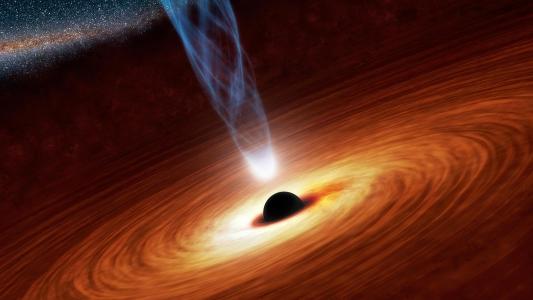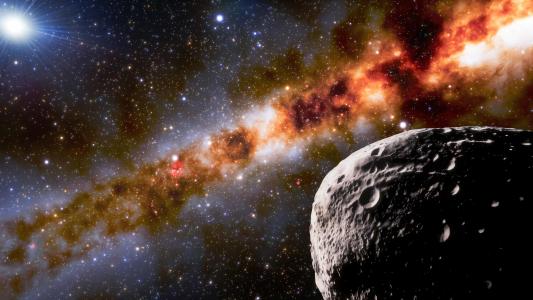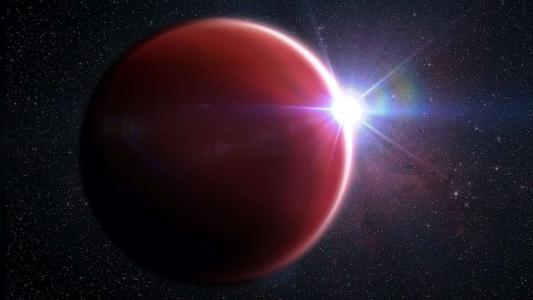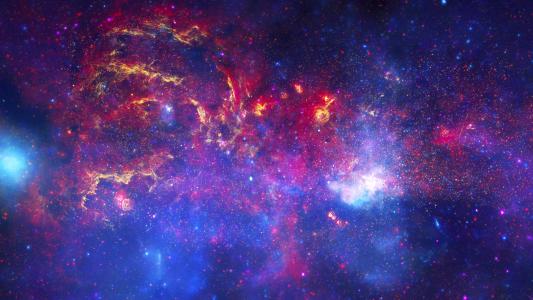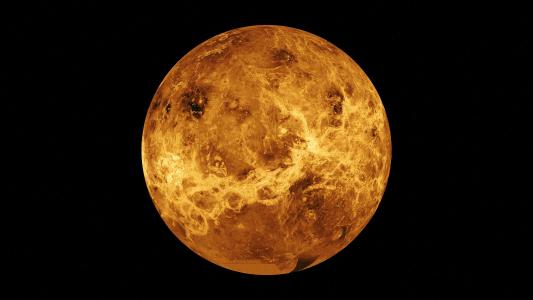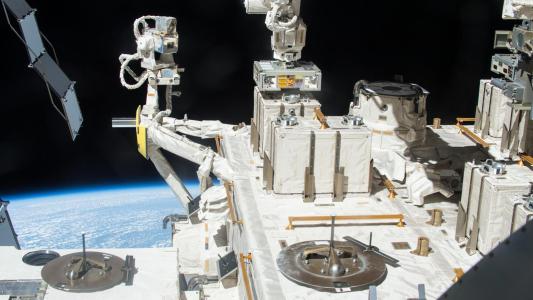Astronomy
See 25,000 supermassive black holes in one map of the sky
Astronomers used supercomputers and an international network of antennas to create a map of 25,000 supermassive black holes.
This planetoid is officially the farthest known object in our solar system
A planetoid nicknamed Farfarout is officially the most distant known object in our solar system — but its reign might not last for long.
This cloudless “hot Jupiter” is unlike any known exoplanet
Astronomers have discovered a first-of-its-kind cloudless hot Jupiter — and it could expand our understanding of exoplanet formation.
An AI has discovered new craters on Mars
An AI trained to spot signs of fresh craters on Mars in photos of the Martian surface has already discovered dozens of new impacts.
Scientists may have found the hum of the universe
Scientists may have recorded the "hum" of the universe for the first time by measuring irregularities in gravitational waves.
See the Milky Way 1.6 million years from now
Using data from the Gaia spacecraft, ESA scientists predict where 40,000 stars in the Milky Way will be 1.6 million years from now.
Fresh ice spotted in unexpected part of Saturn's moon Enceladus
Saturn’s moon Enceladus is already suspected of hosting extraterrestrial life, and new Cassini data suggests where that life might exist.
Signs of life found on Venus
Scientists found the gas, phosphine, in Venus’ atmosphere. So far, the only explanation is alien life.
Did life on Earth travel here from Mars?
Bacteria that survived on the outside of the ISS for three years suggests that panspermia is still a viable theory for the origin of life on Earth.
The dwarf planet Ceres may hide a subterranean sea
The largest body in the asteroid belt, the dwarf planet Ceres may hide a salty subterranean sea.
